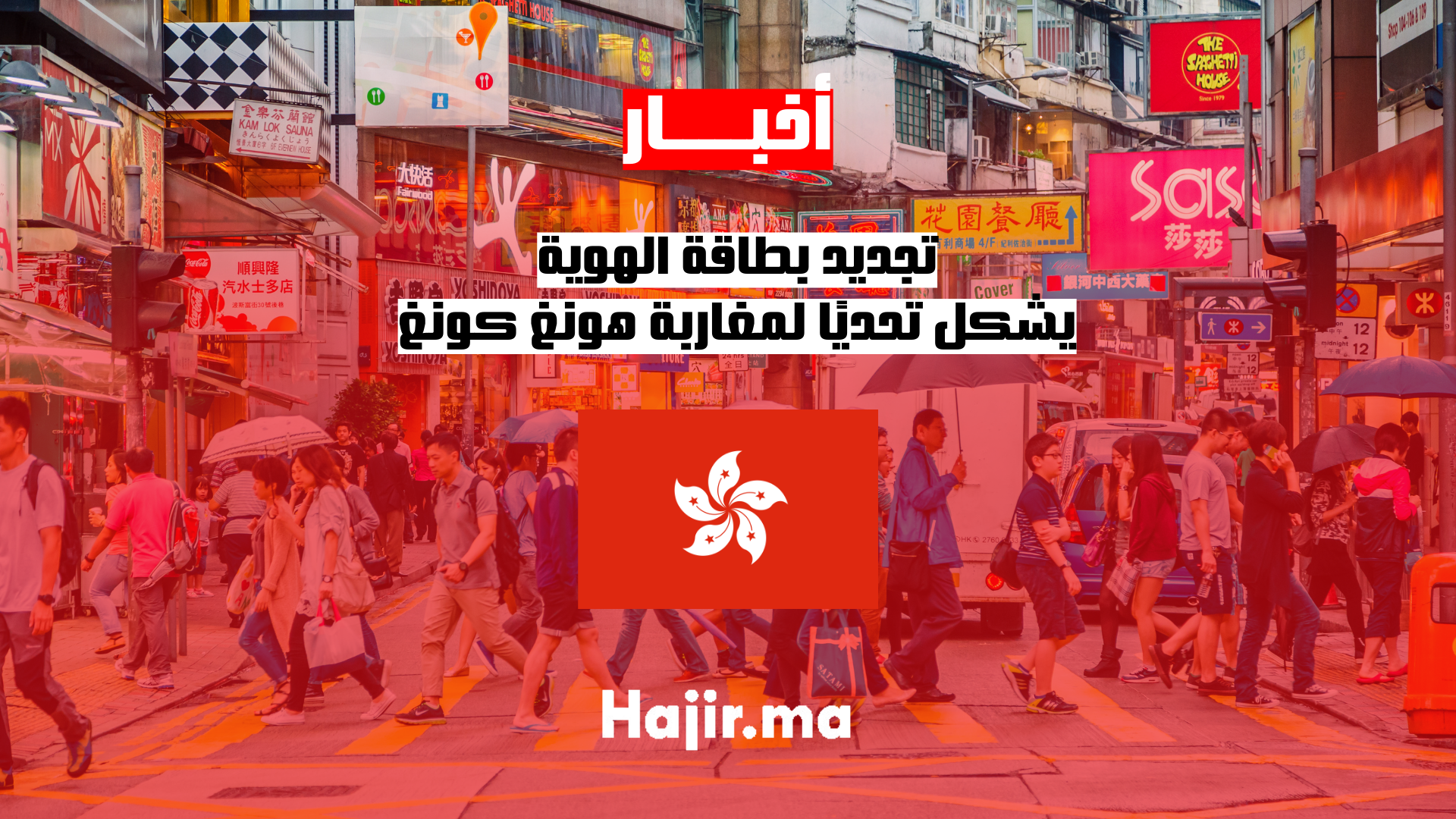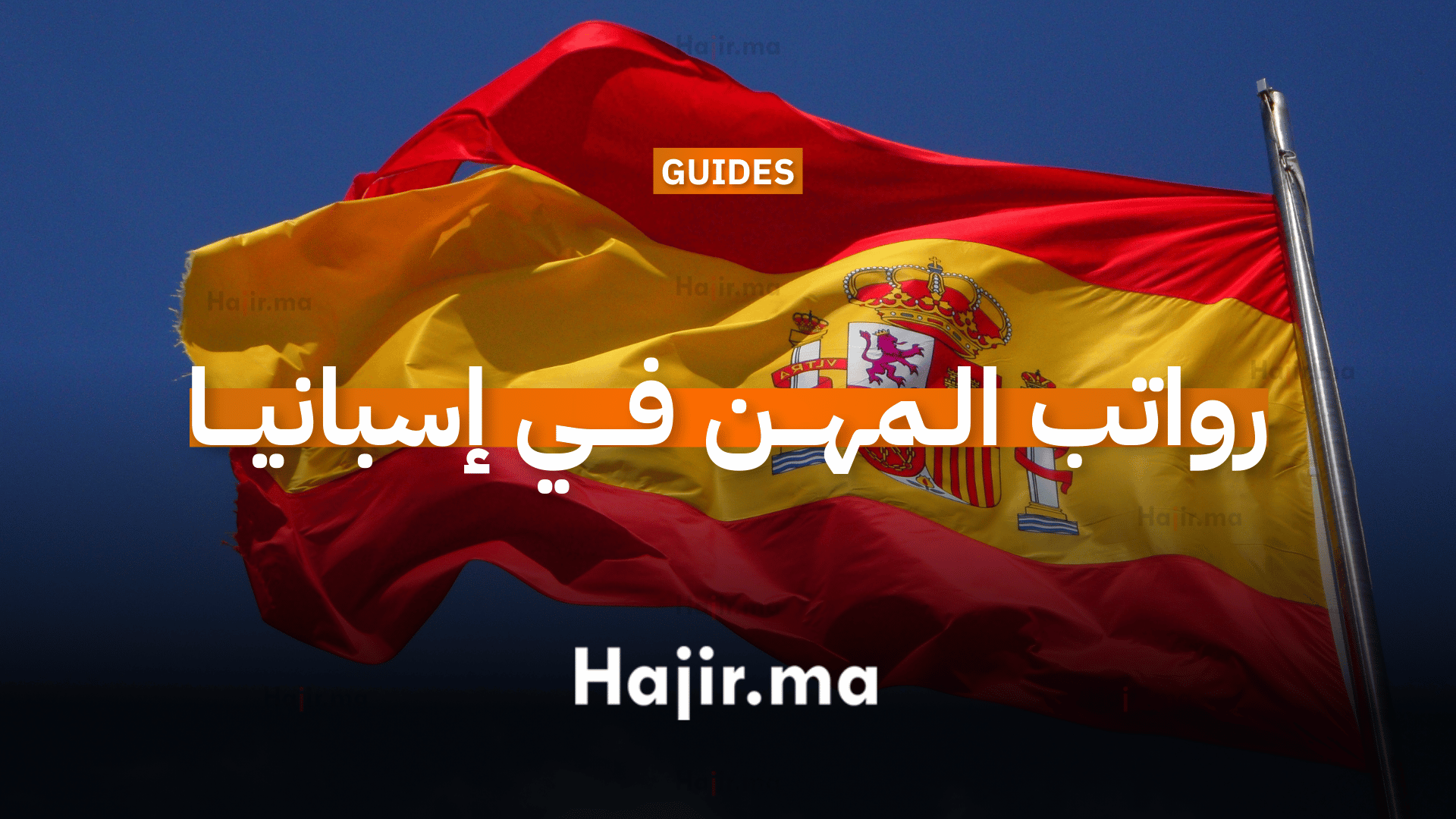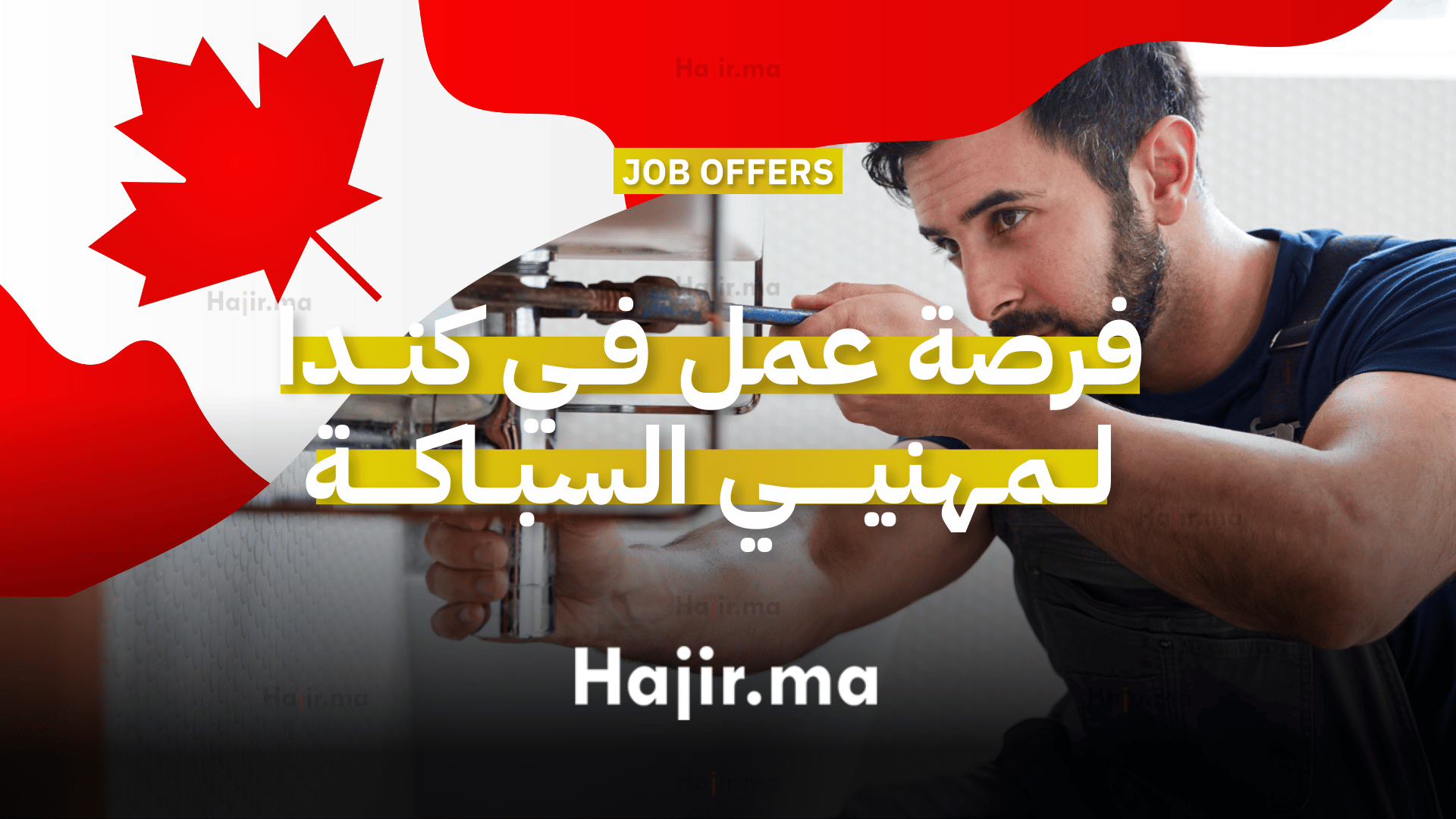Germany is a top destination for professionals seeking career opportunities due to its strong economy and diverse job market. Understanding the process of obtaining work visas and permits is crucial for those aiming to work in Germany. This guide covers the various types of work permits, application procedures, eligibility criteria, and tips for a successful application.
Understanding Germany’s Employment Landscape
Germany boasts a thriving economy with abundant job opportunities across multiple sectors. Major industries include automotive, engineering, healthcare, information technology, and finance. Familiarizing yourself with the employment landscape and key industries can help tailor your job search effectively.
Types of Work Visas and Permits in Germany
Germany offers several types of work visas and permits, each catering to different professional scenarios:
- General Employment Visa
- EU Blue Card
- Intra-Company Transfer Visa
- Job Seeker Visa
Each visa type serves a specific purpose and has distinct requirements.
Eligibility Criteria for Work Visas
Eligibility criteria for work visas in Germany generally include relevant qualifications, a valid job offer from a German employer, and sometimes proficiency in the German language. Specific requirements vary based on the visa type.
Application Process for Work Visas and Permits
Applying for a work visa involves several key steps:
- Secure a Job Offer: Obtain a job offer from a German employer.
- Gather Necessary Documents: Collect all required documents such as passport, job contract, proof of qualifications, and health insurance.
- Submit Application: Apply at the German embassy or consulate in your home country.
- Pay Fees: Pay the applicable visa fees.
- Await Approval: Wait for the application to be processed and approved by the relevant authorities.
Lire aussi : Les Journées Québec MAROC 2024 : Un Rendez-vous pour Recruter au Maroc
Role of the Federal Employment Agency
The Federal Employment Agency (Bundesagentur für Arbeit) plays a critical role in the work visa approval process. It conducts labor market tests to ensure that hiring a foreign worker does not adversely affect the local job market. Employment contracts may require agency approval.
General Employment Visa
The General Employment Visa is intended for professionals who have a job offer in Germany. Requirements include relevant qualifications and a concrete job offer. The application involves submitting documents and undergoing a labor market test.
EU Blue Card
The EU Blue Card is designed for highly skilled professionals. It offers numerous advantages, including easier access to permanent residency. Eligibility criteria include a higher education degree and a job offer with a minimum salary threshold.
Intra-Company Transfer Visa
This visa is for employees being transferred within their company to a German branch. Conditions include a valid job contract with the company and specific job-related qualifications.
Job Seeker Visa
The Job Seeker Visa allows individuals to enter Germany for up to six months to search for employment. Applicants must have a recognized degree and sufficient funds to support themselves during their stay.
Residence Permit for Employment Purposes
There are various types of residence permits for employment purposes, each with specific conditions. These permits grant the right to live and work in Germany for a defined period.
Permanent Residence Permit
Permanent residence permits provide long-term residency rights in Germany. Requirements typically include several years of legal residence, a stable income, and proficiency in the German language.
Family Reunification
Family reunification permits allow family members to join a worker in Germany. Conditions include proof of stable income and adequate living space.
Working in Germany as a Student
Students in Germany can work part-time and engage in internships. After graduation, they can apply for job seeker visas to find full-time employment.
Freelancing and Self-Employment Visas
Germany also offers visas for freelancers and self-employed individuals. Applicants need to demonstrate a viable business plan and sufficient financial resources.
Visa Extensions and Changes
Visa holders can apply for extensions or changes in their visa status under certain conditions. It is crucial to apply for an extension well before the current visa expires to avoid legal complications.
Rights and Responsibilities of Foreign Workers
Foreign workers in Germany are entitled to legal protections, fair wages, and safe working conditions. Understanding these rights and the obligations of employers is essential for a successful working experience.
Challenges and Solutions
Navigating the visa application process can be challenging due to language barriers and complex paperwork. Seeking legal assistance and thoroughly preparing all necessary documents can help overcome these obstacles.
Living in Germany as a Foreign Worker
Living in Germany involves adapting to a new culture and lifestyle. Important considerations include the cost of living, housing options, healthcare, and social integration. Building a supportive network can greatly ease the transition.
Success Stories
Reading testimonials and case studies from other foreign workers who have successfully navigated the visa process and established their careers in Germany can be both inspiring and informative.
FAQ about work visas
How long does it take to process a work permit?
Processing times vary but generally range from a few weeks to several months.
Can I switch employers with my current work permit?
Yes, but depending on your visa type, you may need to apply for a new work permit.
Do I need to speak German to get a work permit?
While not always required, proficiency in German can enhance your job prospects and integration.
What happens if my visa application is denied?
You can appeal the decision or reapply with additional documentation.
Can my family join me in Germany?
Yes, through family reunification permits, provided you meet the necessary conditions.
Is it possible to get permanent residency in Germany?
Yes, after meeting specific criteria such as stable income, several years of residence, and language proficiency.
Lire aussi : Journées Québec Maroc 2024 : Opportunité de travail au Québec






